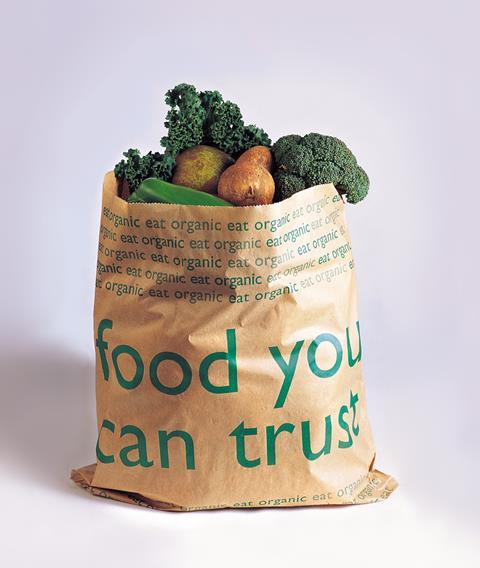The Green Claims Directive is seen as an important step in the EU food system’s green transition, but the organic movement warns the use of the Product Environmental Footprint will ”open the door to greenwashing”
The organic movement has issued a warning to members of the European Parliament negotiating amendments on the proposed Green Claims Directive about the use of the Product Environmental Footprint (PEF) as a reference tool.
According to Eric Gall, deputy director of IFOAM Organics Europe, the PEF points agriculture in the wrong direction.
“While the PEF may work well for manufactured goods, it is ill-suited to assess the environmental impact of agri-food products,” he said at an online press conference. “By design the PEF calculation method disregards the impacts of different production methods on biodiversity and promotes intensive agriculture, not a transition of the current food system towards agroecological practices.
“The Commission’s proposal itself acknowledges that the PEF methodology has limitations when it comes to assessing the impact of food products, and it would be difficult to understand that the Parliament would open the door to greenwashing by calling for the use of PEF category rules also for food products.”

Quentin Chancé, coordinator of CESIAe, the Scientific Expert Group on Sustainability Labelling, commented: “The report published by CESIAe in November 2023 demonstrates that the PEF’s life cycle analysis method, though useful in some contexts, is fundamentally unsuited for agri-food products. Its reductionist approach fails to capture the complex interactions in agriculture, leading to skewed environmental assessments.
”It is not a question of fixing or patching the PEF for farming: there is a clear need for other metrics. We highlight the need for more comprehensive and systemic methodologies that accurately reflect the unique challenges and impacts of the agricultural sector, recognising the need for a diverse array of assessment tools to truly reflect and drive environmental sustainability.”
Sabine Bonnot, member of the scientific council at ITAB (the French technical institute of organic agriculture) and president of the Planet-score, referred to consumer surveys illustrating a lack of trust in companies and public institutions on environmental issues.
“To build trust, there is a strong need for methodologies which are relevant, independent, and endorsed by civil society (scientists, consumer associations, NGOs),” she said. “The draft Green Claims Directive makes this framework a reality. This is a huge step towards innovative and cooperative ways to make transition happen.
“The value choices behind the PEF are wrong for farming, as they promote still more intensification, more pressure on farming practices, on nature, on animals and on farmers revenues – more of the same story that has been crushing farmers and pushing them into desperate actions. PEF is not a consumer transparency nor an eco-design tool for food products. It is unable to fight against greenwashing, and to reflect farmers’ and producers’ efforts.”



